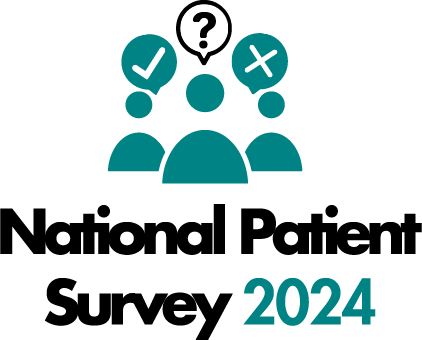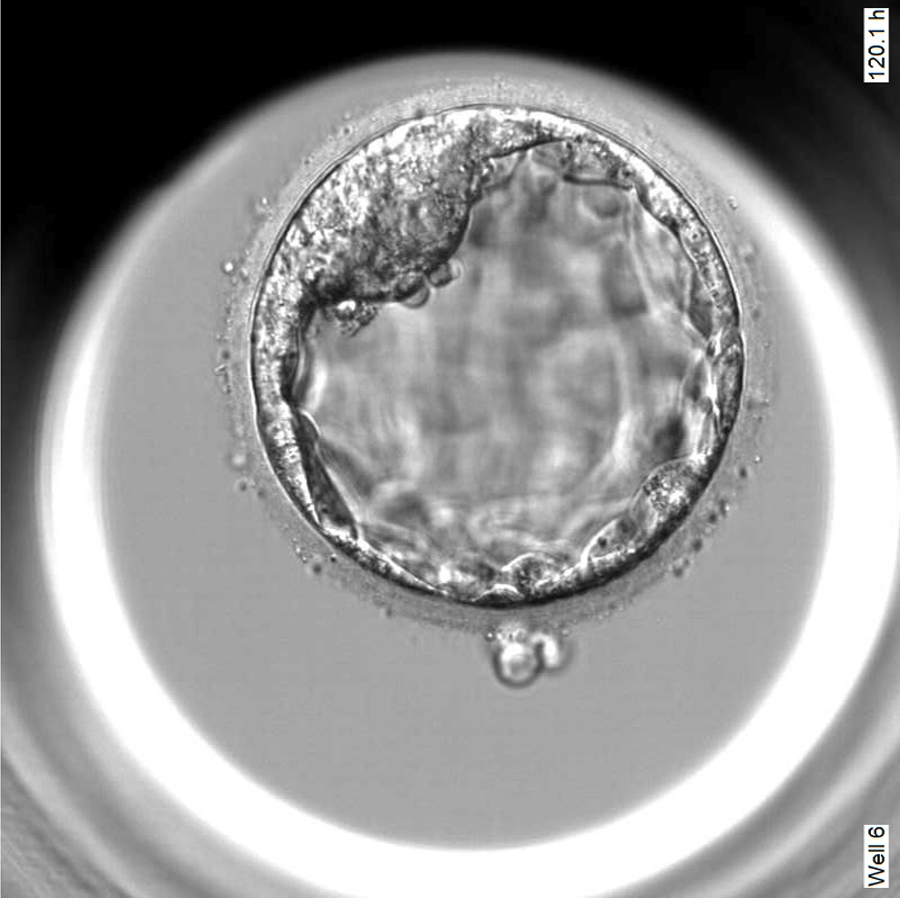 Our National Patient Survey 2024 report is now live. Thank you to all those that shared their experiences. Read our report here.
Our National Patient Survey 2024 report is now live. Thank you to all those that shared their experiences. Read our report here.Egg donation: Joanne shares her experience of using an egg donor
Joanne had several rounds of IVF before deciding to use an egg donor. In this blog, Joanne discusses her initial fears about donation and highlights how thorough research and counselling helped provide the clarity she needed to make a decision.
People often ask if we considered adopting but this was never really an option for me as I yearned for a chance to be pregnant, grow my baby and give birth.
My route to egg donation wasn’t easy. After two rounds of unsuccessful IVF treatment, it was blasely dropped into a follow up consultation. The conversation went something like ‘Well, you’ve paid for a two-cycle package this time so you might as well try again, but if I was you, I’d be considering donor eggs’. To say it was a shock would be an understatement. It had never previously been mentioned.
When the third cycle ended in failure, a different consultant was equally abrupt. ‘Sorry it didn’t work, have you thought any more about using donor eggs? There’s a waiting list, so you can sign the forms today if you want me to get them for you.’ I left the room stunned, devastated and by the time we’d left the car park, outraged at the way we’d been treated. A little bit of empathy would have gone a long way.
Unsurprisingly, we didn’t return to this clinic and completed another unsuccessful cycle elsewhere using my own eggs before the topic was broached again, this time in a more sympathetic and supportive manner.
At this point, I’d been informed that our chance of success using my own eggs was around 2.5% (per treatment cycle) due to my age (45 at the time) and their decreasing quality.
My biggest concerns were the fear I wouldn’t feel the child was mine due to not being genetically related
Donor eggs would increase our chances to 50%, which seemed enormous in comparison. People often ask if we considered adopting but this was never really an option for me as I yearned for a chance to be pregnant, grow my baby and give birth.
It took months, a significant dip in my mental health and a vast amount of soul-searching before we finally agreed it was our next step. My biggest concerns were the fear I wouldn’t feel the child was mine due to not being genetically related, along with worries of what might happen when any child born reached an age where they might want to discover their donor and the emotional impact this could have on me.
To deal with this, I immersed myself in podcasts, blogs, Instagram feeds; anything that would help me process the thoughts swirling around my head. These were not only a considerable support, but also offered a wealth of information. I learnt more about the science of epigenetics, which shows how environmental influences impact the way your genes work, and one quote from a podcast I listened to struck a chord that stuck with me. It said to imagine the donor egg as the blueprint plans for the building of a house, which would only truly become a home once the furniture and individual features had been added. This allowed me a new perspective and I began to feel more at ease with the idea of the process.
We were extremely fortunate that our current clinic employed a dedicated coordinator to actively recruit donors, meaning the waiting list was negligible. We had originally considered treatment abroad, both for financial reasons and donor anonymity, but my earlier research, along with the excellent mandatory counselling from our clinic convinced me it wasn’t right for us.
Within a few weeks of our appointment and following a consultation with the clinic doctor, I was contacted by the coordinator who explained the process. My hair colour, eye colour, height and build were the main criteria for donor selection and we were given the option to include extras which weren’t guaranteed to be matched but would be considered. I was keen for someone with a high AMH, between the ages of 20 and 28 and ideally with the same blood group as me, but was also realistic that I would need to be flexible. We were able to review each potential match and provided with a brief profile of each written by the donor themselves. There was no pressure to choose a particular one, the choice was ours. It was only a couple of months before we were given a match that felt right for us.
There was a whole mixture of emotions involved in the process, especially when COVID delayed our initial treatment. From apprehension waiting to find out the number of eggs and their fertilisation rate, despair as the first cycle failed and then an incredible joy as our second transfer resulted in a positive pregnancy test. There was also an overwhelming sense of gratitude towards our donor for selflessly helping us have a child of our own, which wouldn’t otherwise have been possible.
We’re now proud parents of a wonderful boy who recently had his first birthday. When I look at him now, it’s impossible to imagine life without him and all the fears I had around egg donation have evaporated. I’m not naïve enough to think there won’t be challenges ahead, but I feel so much better equipped to deal with them and plan to be open about my son’s conception with him from an early age.
If you’re at a point in your own journey where you need to consider the use of donor eggs, my advice to you would be:
- Communication is key. Be as open with people as you can and voice all your concerns. They are all valid and by talking openly, you will make a more considered judgement.
- Research your options carefully. Clinical practice varies considerably when it comes to donor treatment so consider your non-negotiables and search for a clinic that provides it.
- Gather as much information from as many sources as you can to inform your decision.
Review date: 1 September 2025


